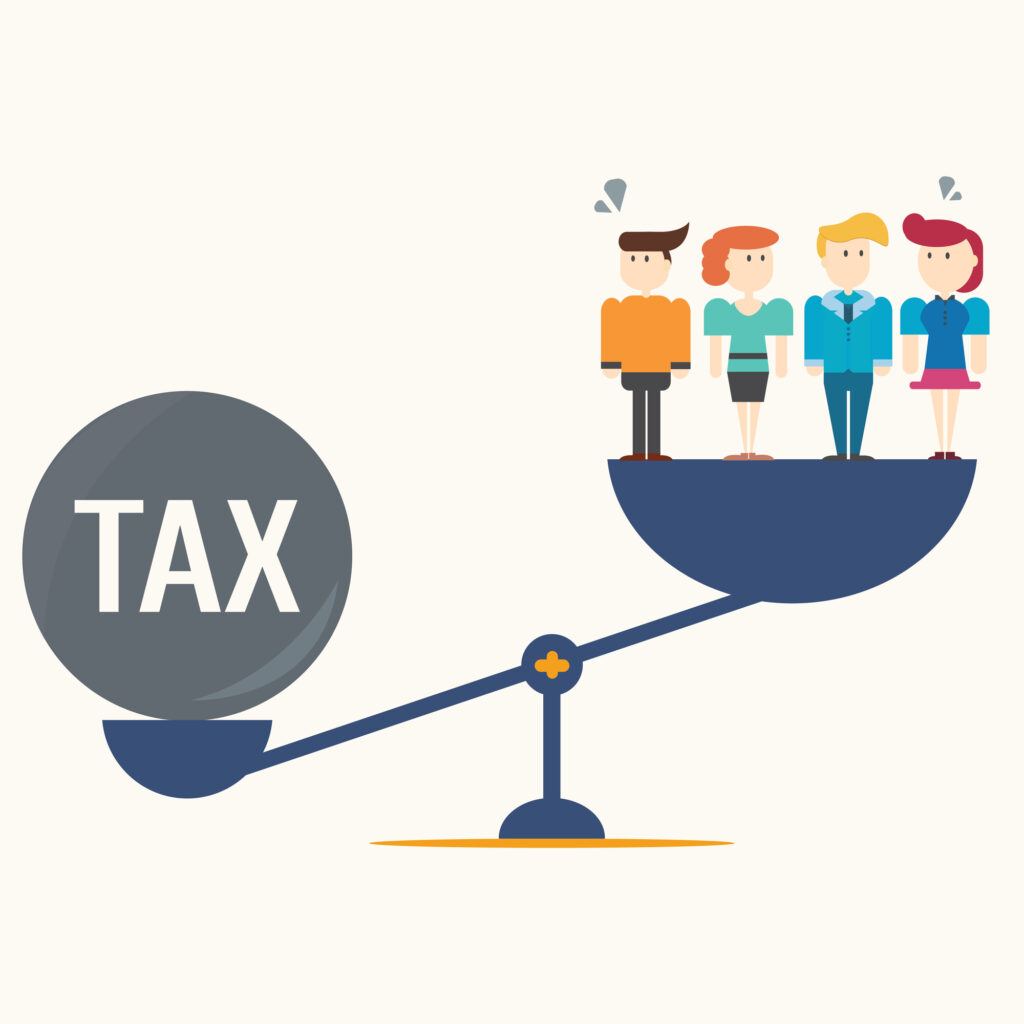 The qualified small business income (QBI) deduction, created by the Tax Cuts and Jobs Act of 2017 as a way for owners of pass-through entities to get a tax break at a time when the corporate rate dropped to 21%, is set to expire on December 31, 2025. If Congress does nothing—doesn’t extend the QBI deduction and retains the 21% corporate tax rate—it means that small business owners could be paying 37% on their profits while the Amazons, the Apples, the Disneys, the McDonalds, the Teslas, and other C corporations regardless of size pay just 21%. Is that fair? Does that make any economic sense? The following are some ideas on how Congress could or should address this issue.
The qualified small business income (QBI) deduction, created by the Tax Cuts and Jobs Act of 2017 as a way for owners of pass-through entities to get a tax break at a time when the corporate rate dropped to 21%, is set to expire on December 31, 2025. If Congress does nothing—doesn’t extend the QBI deduction and retains the 21% corporate tax rate—it means that small business owners could be paying 37% on their profits while the Amazons, the Apples, the Disneys, the McDonalds, the Teslas, and other C corporations regardless of size pay just 21%. Is that fair? Does that make any economic sense? The following are some ideas on how Congress could or should address this issue.
Why extend the QBI deduction?
EY, on behalf of the NFIB, prepared a report entitled Macroeconomic Impacts of Permanently Extending the Section 199A Deduction on Small Businesses. The report found these key economic results of extending the QBI deduction to be:
- Benefiting US workers through increased labor productivity, wages, and employment
- Increasing GDP ($75 billion annually, on average, over the first 10 years)
Standard proposals for extension
If Congress decides to extend the QBI deduction, it can be done in several ways:
- Extend existing law temporarily (e.g., 5 years). A short extension could give Congress more time to create a better, more permanent solution.
- Make the QBI deduction permanent as it stands now. Owners of pass-through entities will have had 8 years of operating under the current QBI deduction regime, so at least there would be nothing new to learn.
- Amend the QBI deduction for a temporary or permanent extension. The current regime is highly complicated and bars owners in certain highly profitable service businesses from getting any deduction; they’re paying up to 37% on their share of business income.
Another approach
I submit that there’s an easier way to create tax parity for C corporations and owners of pass-through entities. Let owners pay tax on their profits from pass-through entities at the same tax rate applied to the profits of C corporations.
Why? I think a comparable tax rate, regardless of the legal way in which a business is formed, should be used. It’s fair.
How? Giving separate tax treatment to business income for individuals means breaking out this income so it can be taxed separately. Doing this is nothing new. There are several examples of this:
- Farming and fishing income currently can be taxed using income averaging.
- Capital gains and qualified dividends for individuals are subject to special favorable tax rates (zero, 15%, or 20%, depending on an individual’s taxable income).
- Before the Tax Reform Act of 1986, when individual income tax rates ran as high as 70%, earned income was subject to a maximum rate of 50% (called the “max tax”). The Tax Reform Act of 1969 enacted this 50% limit on personal service income. I don’t want to simplify the max tax; it wasn’t just a 50% limit because deductions had to be allocated between earned and unearned income before applying the max tax rate.
Other matters. Using a uniform tax rate would require Congress to address certain other issues:
- How to handle losses. Currently, owners of pass-through entities can take those losses on their personal returns—subject to a loss limitation rule that runs through 2028.
- How to tax small profits. Why should a business owner who has profits that would otherwise be taxed on a personal return at 10% or 15% pay the same 21% rate as large corporations and other highly profitable businesses? They shouldn’t. The tax computation could be structured so that such owners pay up to 21% (i.e., a lower rate if their personal tax bracket warrants it).
Final thought
Members of Congress are continually saying they support small business. Let’s see if this is so.
For more information on the QBI Deduction, see this list of blogs.


